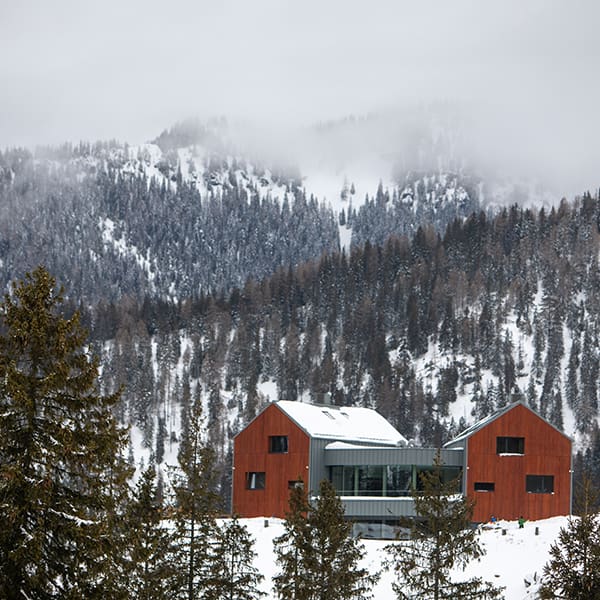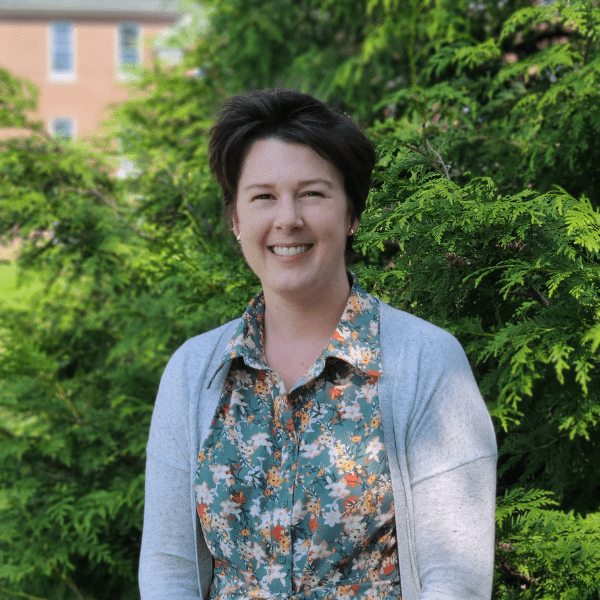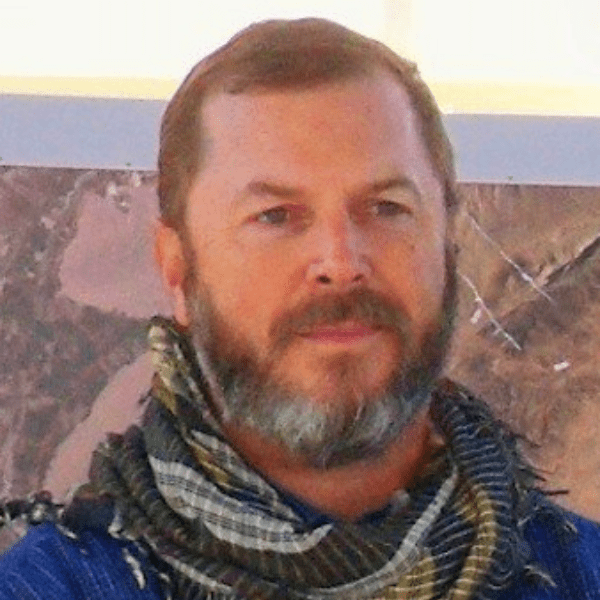
Regenerative Hotel Management
Bachelor of Science
Grow the sustainable lodging industry
and implement regenerative initiatives.
More and more travelers are seeking sustainable travel options, contributing to a growing demand for eco-friendly hospitality management. Be part of the solution by embracing regenerative hotels, a pioneering approach that tackles climate change, circular product management, waste reduction, and promotes culturally enriching travel experiences.
Our Regenerative Hotel Management degree at Unity equips you with the expertise to foster a greener future in hotels, resorts, and B&Bs. Join us and make a positive impact on the environment while managing diverse hotel operations.
Program Overview
A hotel manager oversees the day-to-day activities of a lodging facility. The hotel manager supervises staff, communicates with visitors, plans activities, manages budgets and financial reports, collaborates with suppliers and local vendors, enforces health and safety standards and hotel policies, and can be involved in developing marketing strategies and supply chain management.
Learners in the Regenerative Hotel Management program will do all that and more by providing insight into sustainable hospitality, including the sustainable use of resources and contributions to destination vitality, all while ensuring a positive guest experience. By connecting the hospitality industry to sustainable development goals (e.g., sustainable cities, clean water and sanitation, responsible consumption and production), learners will understand the sustainability challenges and opportunities for the hospitality industry.
Learners will also develop essential skills related to communication, entrepreneurship, and the “service mindset.” They will understand the breadth of the tourism and hospitality sector, gain familiarity with sustainability challenges associated with hospitality, learn about the sustainable hospitality movement, and be able to make recommendations for regenerative decisions related to supply chains, visitor experiences, and hotel operations.
Program graduates will be prepared to apply their skills to lodging management positions, including working for global hotel chains, resorts, smaller lodging facilities (e.g., B&Bs), or as independent lodging owners.
Career Outlook
Earn your degree.
Unlock new opportunities.
Lodging Managers jobs in the U.S., 2022.
Lodging Manager pay, 2022.
Estimated U.S. job growth for Lodging Managers through 2022.
Lodging Managers jobs in the U.S., 2022.
Lodging Manager pay, 2022.
Estimated U.S. job growth for Lodging Managers through 2022.
*Source: O*Net & U.S. Bureau of Labor Statistics. Unity Environmental University cannot guarantee employment. Salary data represents averaged earnings for the occupations listed and includes workers at all levels of education and experience.
Experiential and Immersive Coursework

Ecological, Sustainable, and Ethical Tourism
Ecological tourism is a growing arm of the industry that makes use of low-impact and sustainable approaches to create business opportunities and drive economic growth in natural areas. Students will be introduced to the fundamentals of tourism and differences between mass tourism and alternative forms of tourism development, including eco-tourism, sustainable tourism, and ethical areas of tourism.

Tourism as an Integrated System
Tourism and hospitality can enhance and detract from sustainability and development goals. In this course, students will be introduced to development-based tourism market segments (e.g., regenerative tourism, voluntourism, cultural tourism) and learn how tourism can be a tool for social, environmental, and economic sustainability.

Environmental Marketing and Branding
As businesses become more aware of the need to be sustainable, being green will be the future, and professionals need to help companies with marketing sustainable business practices. Students will analyze marketing strategies, plans, and decisions, while exploring why environmental marketing is a key aspect in business today.
Degree Requirements and Courses
The Regenerative Hotel Management degree requires 120 credits. You may transfer up to 90 credits from outside institutions. For more details, browse our Regenerative Hotel Management degree checklist. View our full course catalog for a better look into your program, then apply online for free to get started.
Frequently Asked Questions
-
How much does it cost?
Your online education should be affordable and manageable. Our team of distance education concierges will work with you through the admissions process to help you plan and pay for your degree. Learn more about the costs here.
-
How fast can I finish?
Our comprehensive 120-credit program can be tailored to fit your schedule and goals! Completion time is flexible, determined by the number of credits you choose to take each term (8 terms/year) and less time with transfer credits. Without transfer credits, you can anticipate the following completion times:
- 24 credits/year: Complete in just 5 years
- 30 credits/year: Achieve your degree in 4 years
- 48 credits/year: Fast-track your education in only 2.6 years
-
What courses will I be taking?
For course requirements, view our full course catalog or the Regenerative Hotel Management program flyer for a better look into your program. Then apply online for free to get started.
-
What is Regenerative Hotel Management?
Regenerative Hotel Management is a special way of running hotels that helps the environment and local communities. It teaches students how to manage hotels in a sustainable and responsible manner. Unlike regular hotel management, this program focuses on making hotels eco-friendly, reducing waste, and benefiting the local area.
Graduates from this program learn how to make hotels not just places to stay, but also positive forces for the environment and society. They are trained to make hotels greener, use resources wisely, and contribute positively to the places they are located in. It’s about making sure that hotels don’t harm the environment and actually help the communities around them.
Program Features
High Value Education: Nationally recognized for the quality of our programs delivered at an affordable price.
Social Mobility: Unity ranks in the top 15% of colleges in the U.S. for fostering upward mobility.
Sustainability Core: All programs are committed to sustainable practices, preparing you for a future of environmental awareness in all fields.
Flexible Learning: Balance work and education effortlessly by choosing when and where you want to study.
Flexible Start Dates: 8 start dates per year allows you to control your schedule
Personalized Guidance: Benefit from individualized academic and professional advising, where we are dedicated to turning your career and academic aspirations into tangible achievements.
Transfer-Friendly: Shorten your academic timeline, since we accept up to 90 credits to value your prior academic achievements.
Experts in the Field
At Unity Environmental University, our faculty is composed of a wide range of environmental science experts who in addition to teaching, conduct their own research and various fieldwork.

Dr. Lydia Horne
Subject Matter Expert
Embark on a journey into the heart of ecology with Lydia—Maine’s native explorer turned environmental expert! From childhood adventures in the woods to a career unraveling nature’s mysteries, Lydia’s story is a testament to the passion for conservation that began in her backyard.
Armed with an M.S. in forest resources and a Ph.D. in ecology and environmental sciences, Lydia dives into the impact of climate change on Maine’s coastal tourism. As a postdoctoral researcher at the University of Northern Colorado, she delves into how students grasp complex concepts, shaping the future of STEM education.
Ready to blend outdoor exploration with cutting-edge environmental studies? Lydia is your guide to a world where learning comes alive!
Expert Profiles














